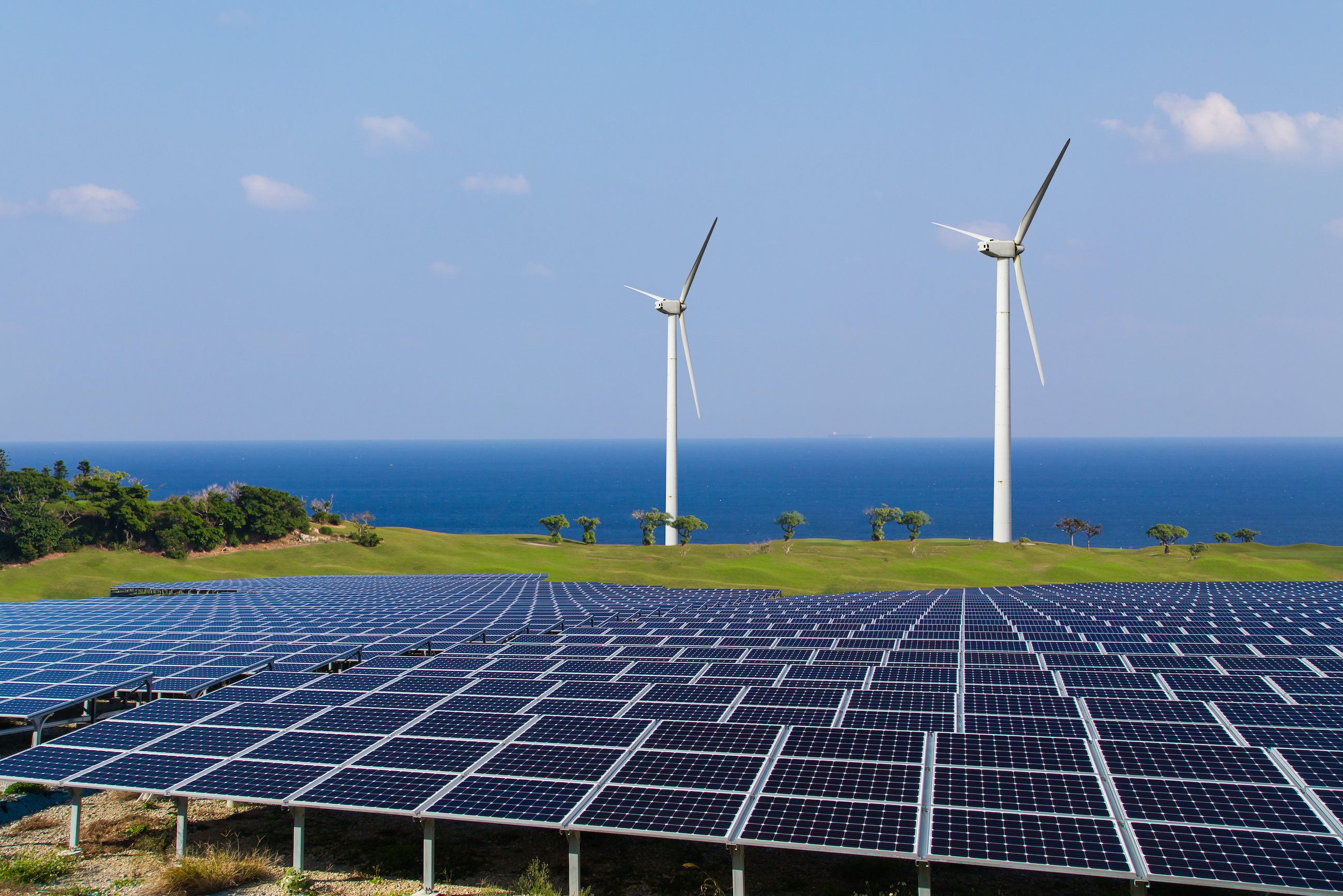WWF: RE growth hindered by red tape, lack of incentives
- June 16, 2023
- 0

The World Wide Fund for Nature (WWF) said insufficient incentives and red tape present drawbacks to advancing the country’s renewable energy (RE) industry.
According to a report from Business World, WWF’s Philippine unit highlighted that the lengthy permitting process poses a significant hurdle to the implementation of renewable energy projects, adding that the initial stage involves acquiring multiple permits and signatures, which considerably prolongs the overall permitting process.
Furthermore, despite the implementation of the Energy Virtual One-Stop Shop (EVOSS), which the WWF has described as a facilitator for renewable energy transition, the permitting process continues to experience delays.
EVOSS is a project of the Department of Energy (DOE) that fast-tracks the application process for RE projects.
The report by WWF Philippines was the result of two formal roundtable discussions that brought together government representatives, organizations from the public and private sectors, and civil society.
The report also highlighted the need for more incentives for renewable energy (RE) developers and the necessity for clearer guidance and incentives for prospective RE investors interested in emerging technologies.
WWF Philippines Monitoring Renewable Energy Implementation in the Philippines (MoRE) project manager Geraldine Anne Velasco stated that the findings could provide stakeholders with guidance on policies promoting renewable energy (RE).
She further emphasized the pressing need for stakeholders in the energy sector to collaborate in overcoming hurdles within the clean energy industry to expedite the transition process.